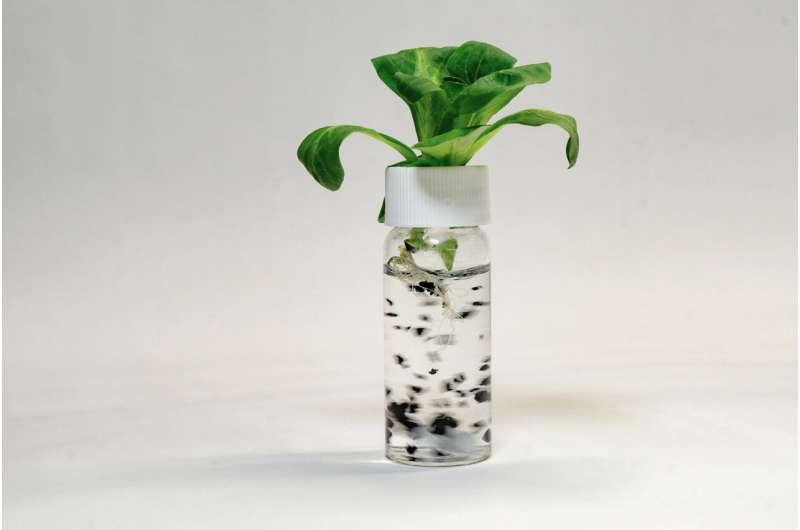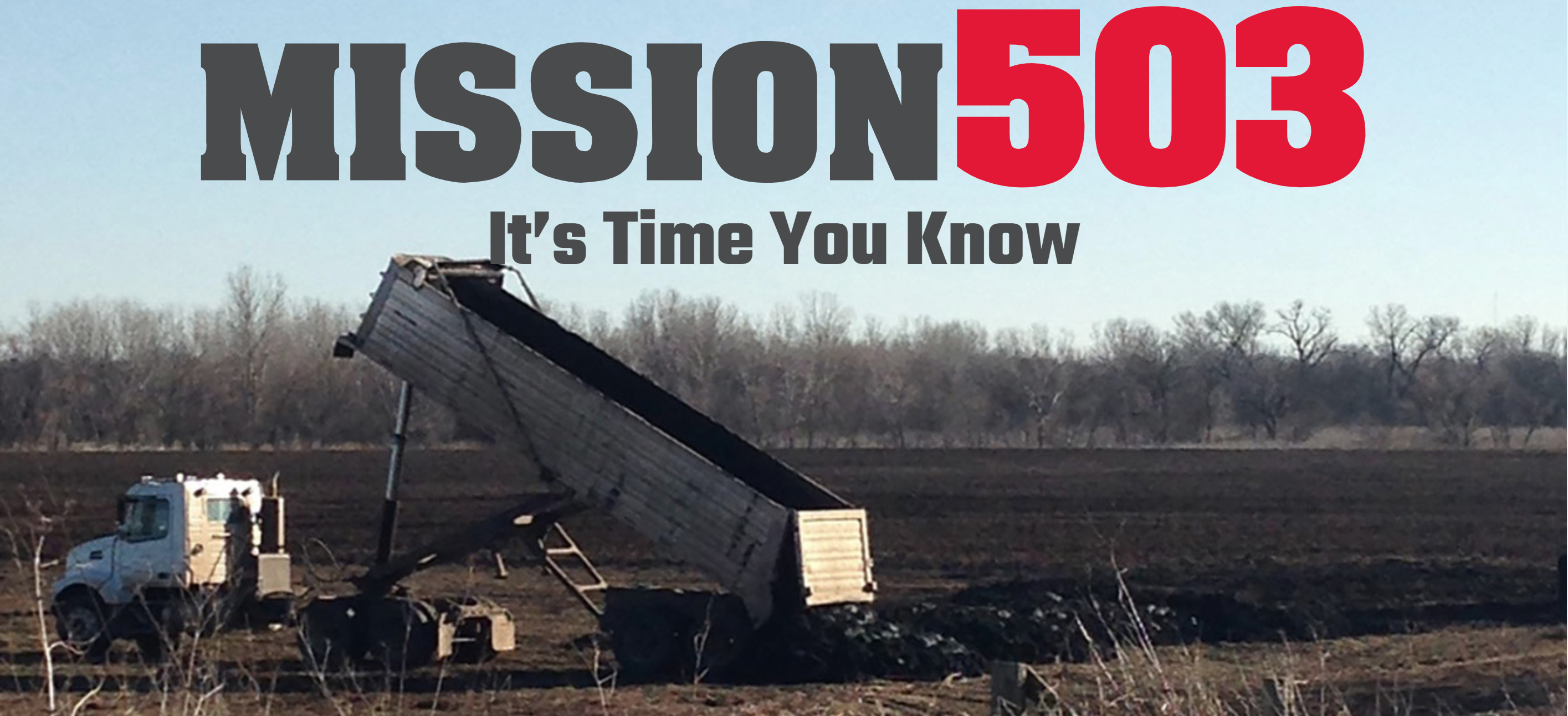|
Sludge Tracker unveils the inept practices of toxic waste disposal by agencies and industry, as seen through the eyes and experiences of citizens and activists. This seminal work reveals the dangerous and destructive consequences of land-disposed Toxic Sewage Sludge, while shining a light forward on how we can build a healthier, more vibrant future.
Land-disposed Toxic Sewage Sludge, water-disposed wastewater effluents, and the land or water disposal of other toxic wastes, such as leachates from landfills, provoke a broad spectrum of adverse impacts on human and environmental health, noting well that nearly all chronic diseases are incited by long-term exposure to low levels of environmental contaminants and pollutants.
Our mismanaged wastes contribute to the global crisis of climate change, and to pollution of our air, food, soil, and water, leading to famine, drought, compromised health, epidemics, deforestation, and lost biodiversity. No matter the source, kind or concentration of toxics in our wastes, whether in sludges from wastewater treatment plants, wastewater effluents, stormwater runoff, landfill leachates, industrial or medical wastes, or agriculture runoff that may include fertilizers, pesticides or wastes from concentrated animal feeding operations, the net result is environmental degradation. The consequences include a decline in readily available potable water supplies, aggravated further by climate change and population growth.
It’s all about the reluctance of agencies to safely manage our produced, released, and ever-accumulating wastes, and it’s about water—good, clean, potable water. Earth is a planet with surface water, and it resides at a steady state, meaning there will never be more or less water than we have now, and it’s often in the wrong form or place. We need potable water for survival, yet today, nearly half the world’s population is adversely affected by a shortage of fresh water, and such predicament incites disease, famine, food insecurity, wildfire, human migration, and war. Therefore, we must notice that it’s all about the ready availability of clean water for the safeguarding of human and environmental health, which current infrastructure fails to do.
We can act by protecting our air, food, soil, and water from contamination and pollution, or we can bear witness to an alarming decline of our life-sustaining resources. The climate is changing and the population is increasing, while we continue to contaminate and deplete our critical fresh waters, never seeking alternatives or improvements for proper management of our growing toxic wastes. Protecting our essential resources is critical to human survival. Workable solutions exist to convert toxic wastes to renewable clean energy and beneficial byproducts—a climate crisis no longer.
|
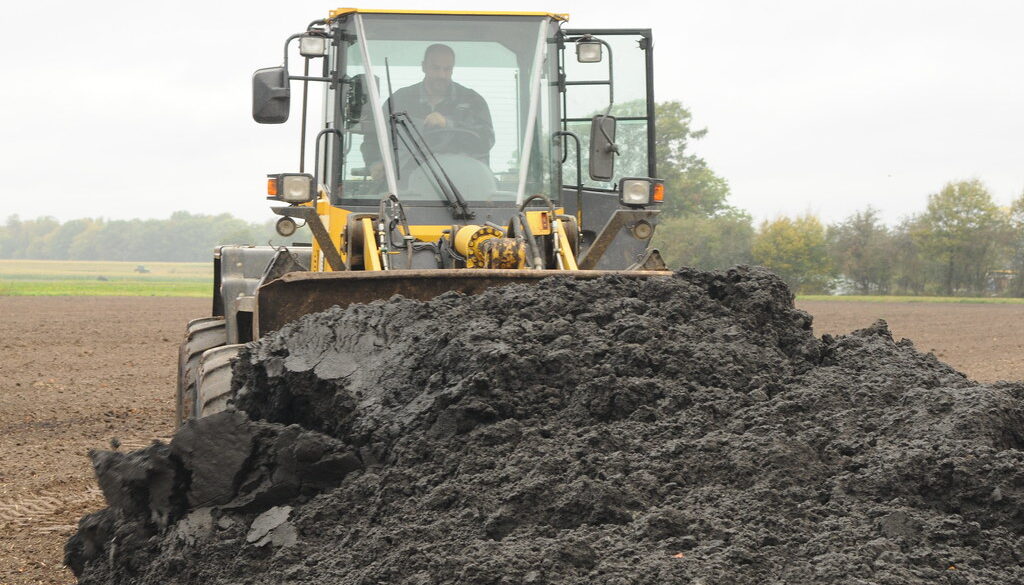

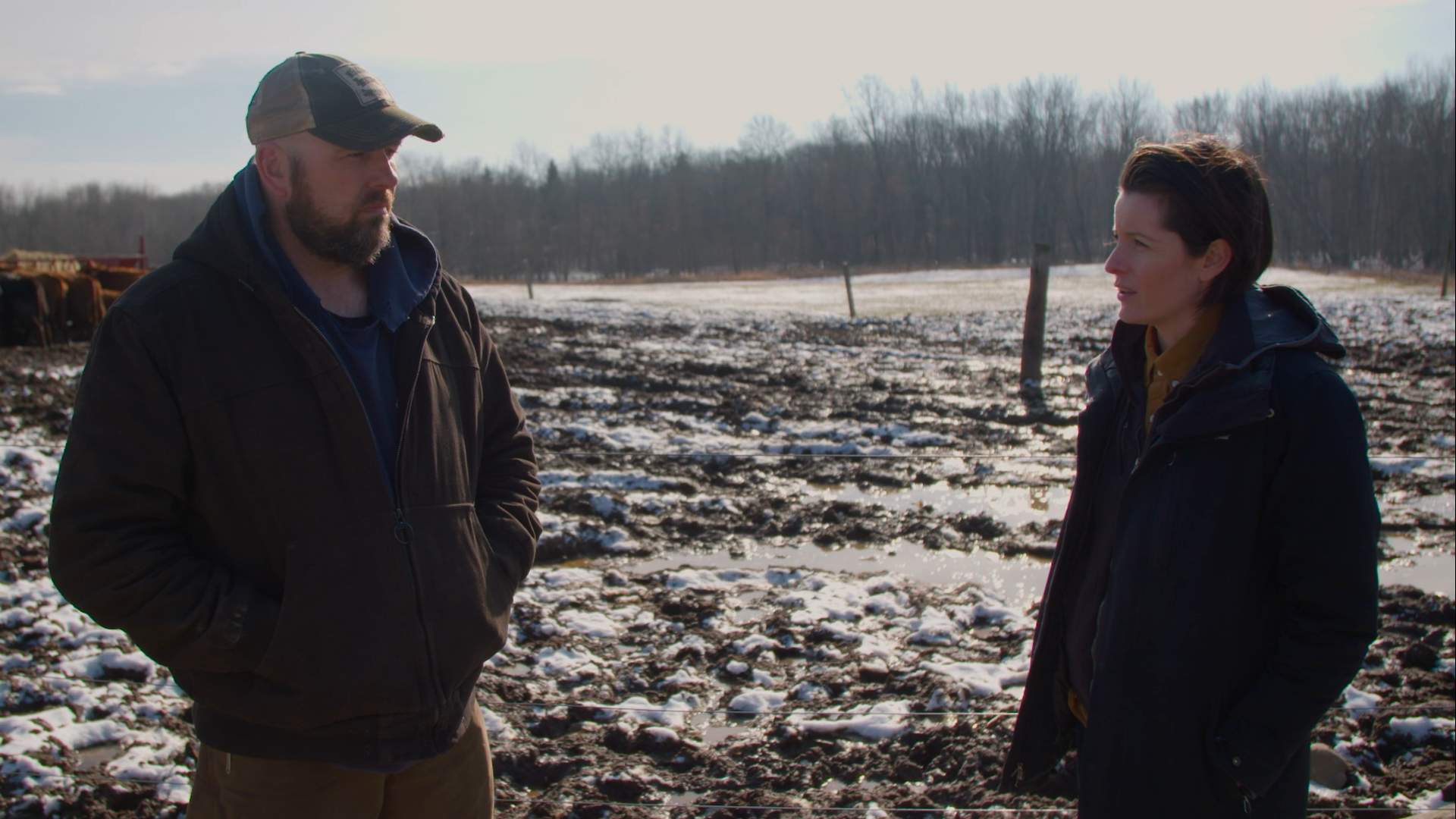
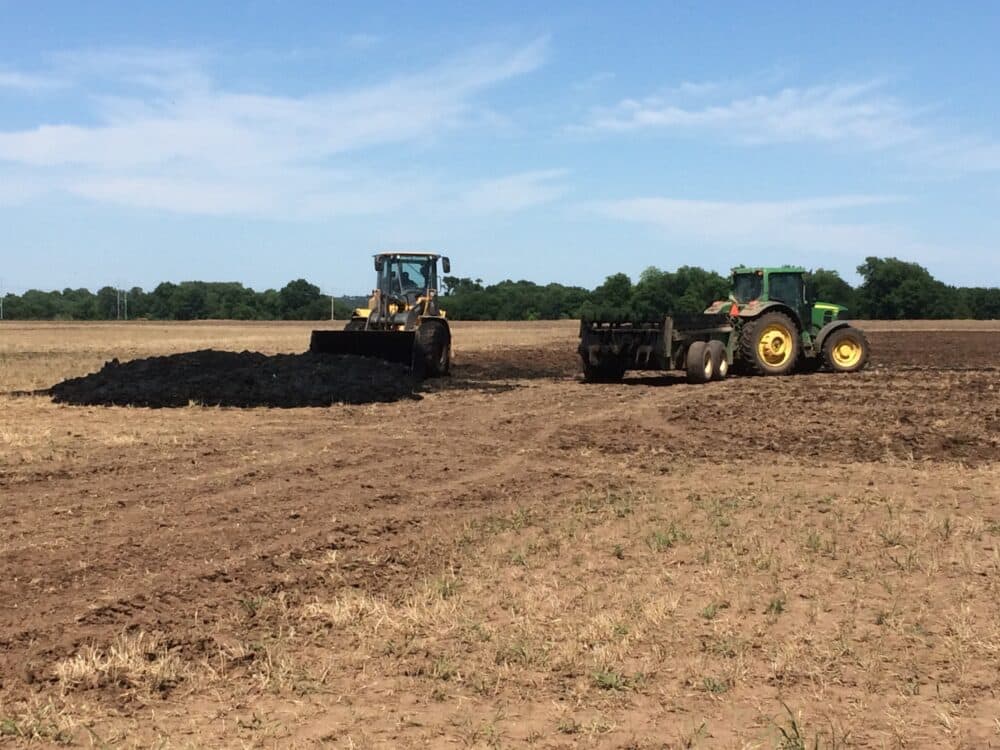
 Soiled
Soiled
